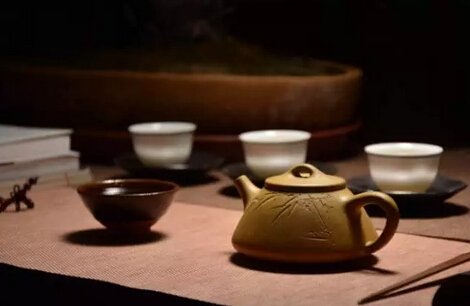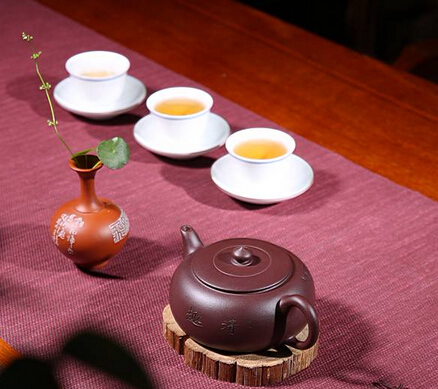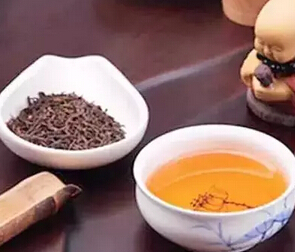Our body organs have an expiration date.
1. Brain
Expiration: 20 years
The number of nerve cells in the brain gradually decreases with age. At birth, there are approximately 100 billion nerve cells, which start declining from the age of 20. By 40, the brain loses about 10,000 cells per day. As a result, memory, cognitive coordination, and brain function decline over time.
Protective measures: The antioxidants in tea can effectively delay brain degeneration. Drinking tea regularly helps.

2. Skin
Expiration: 25 years
As we age, collagen production slows down, and skin begins to naturally age around 25. This leads to weakened skin barrier function, resulting in dryness, allergies, eczema, dermatitis, aging, and pigmentation.
Protective measures: The antioxidant properties of tea can help prevent skin aging. Drinking tea regularly is beneficial.

3. Fertility
Expiration: 35 years
Female fertility starts declining after 35, and male fertility also decreases around this age. Men over 40 may have lower sperm quality, increasing the risk of miscarriage in their partners.
Protective measures: Tea contains selenium, known as the "flower of happiness," which supports kidney health. Drinking tea helps protect reproductive function.

4. Taste and Smell
Expiration: 60 years
After 60, taste and smell gradually decline due to natural aging or poor habits like consuming overly salty foods or smoking.
Protective measures: Tea contains zinc, which enhances taste sensitivity. Drinking tea helps maintain these senses.

5. Intestines
Expiration: 55 years
After 55, beneficial gut bacteria decrease significantly, impairing digestion and increasing intestinal disease risks.
Protective measures: Tea aids digestion and detoxification, promoting gut health.

6. Lungs
Expiration: 20 years
Lung capacity starts declining from 20, and by 40, some may experience shortness of breath.
Protective measures: Inhaling tea aroma can improve lung capacity and keep lungs cleaner, delaying aging.

7. Heart
Expiration: 40 years
With age, blood vessels lose elasticity, reducing heart efficiency. Hardened or blocked arteries can cause angina. Heart attack risks rise after 45 for men and 55 for women.
Protective measures: Sipping tea slowly supports heart health, eases heartbeat, and improves circulation by lowering blood pressure and cholesterol.
8. Liver
Expiration: 70 years
The liver ages slowly but requires care.
Protective measures: Tea reduces liver heat and aids detoxification.

9. Kidneys
Expiration: 50 years
Kidney filtration declines from 50 (a 75-year-old filters half the blood of a 30-year-old), leading to frequent nighttime urination.
Protective measures: Tea contains selenium, a key kidney protector. Drinking warm tea supports kidney function.
10. Teeth
Expiration: 40 years
After 40, reduced saliva production increases tooth and gum decay, with gum tissue loss and recession.
Protective measures: Tea stimulates saliva, protecting gums and teeth.

11. Eyes
Expiration: 40 years
Eye muscles weaken with age, reducing focus ability.
Protective measures: Chrysanthemum and green tea relieve eye strain and blurriness. Drinking chrysanthemum tea or green tea helps alleviate fatigue.